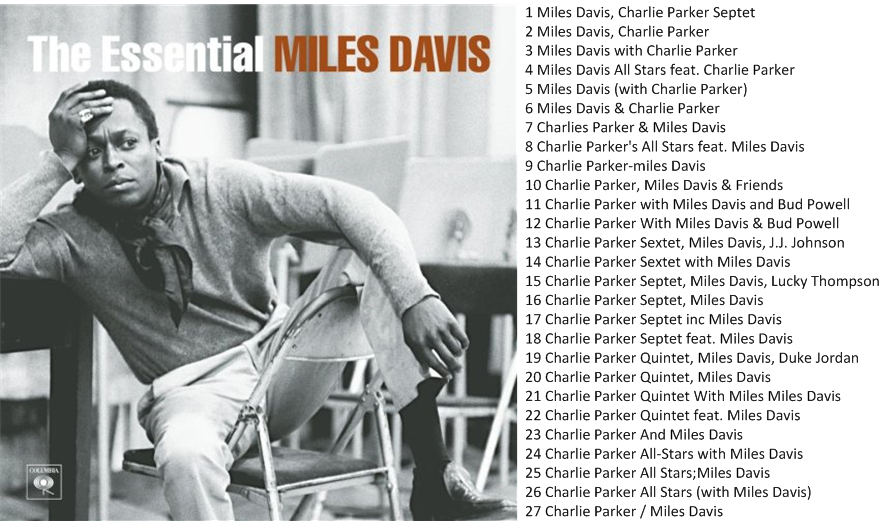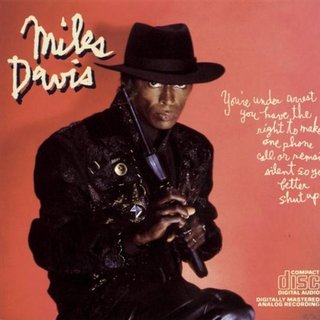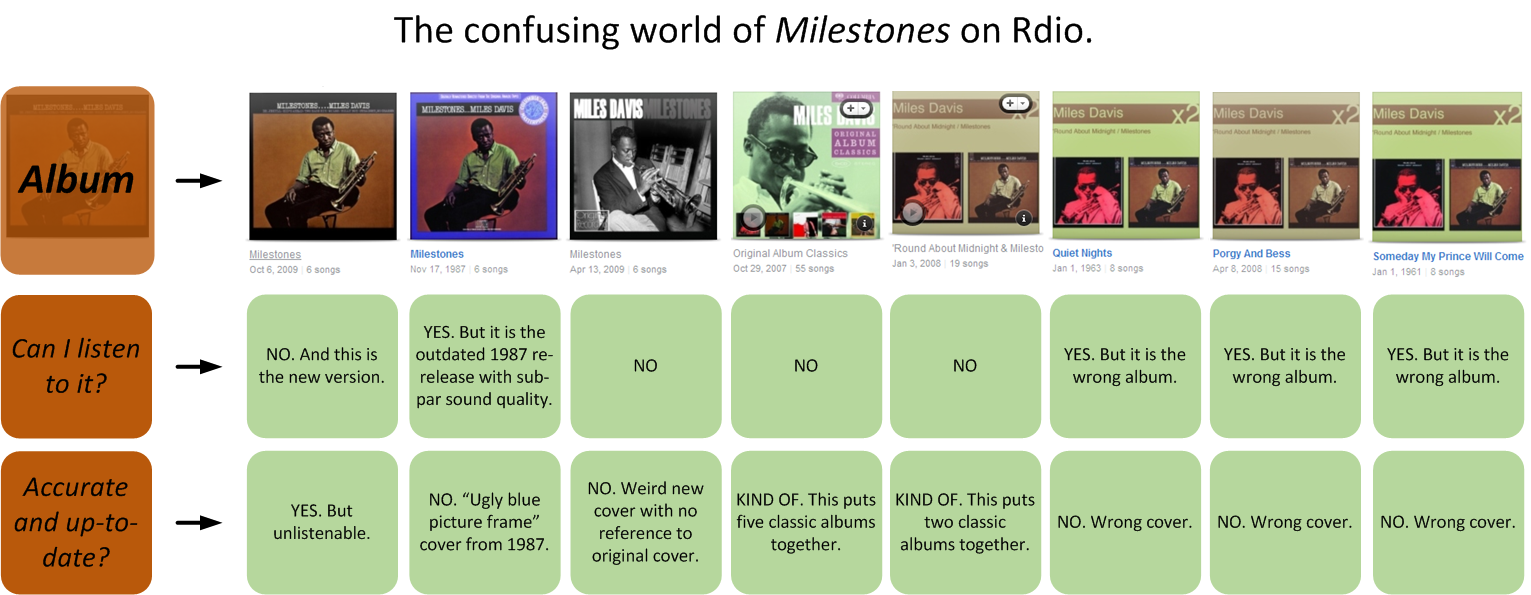Whether your content is produced in-house or licensed from a third party, make sure it’s complete from top to bottom. Otherwise, you might send someone off in a JAZZ RAGE.
Listening to music has changed
I love music. After a lifetime of being hooked on CDs and LPs, I recently jumped into the realm of getting a music subscription online. The charm of these services is that they don’t require any downloads—all of the music is streamed on-demand.
Services like this are not new. They’ve been around for some time, actually.
I took the plunge because one of the services, Rdio, had finally created an online experience with the things I wanted. It’s easy to use. And easy to sync across different devices and locations. BUT, there are some common content issues that keep it from being a fantastic experience.
Providers need content
Services like Rdio work by licensing content, making it available each month to eager listeners for a subscription fee. Record labels strike deals with these online services to provide access to their catalog of titles.
Rdio has done their part, making the layout and features downright lovely. So lovely, in fact, that I’ve been going about as if I were a salesman for the company, begging people to sign up.
Being a jazz nerd, I immediately typed “Miles Davis” into the search box on my first visit. This is where the trouble started.
But something makes me kind of blue
First, some jazz history: Miles Davis played trumpet with bebop sax legend Charlie Parker early in his career. They made fabulous recordings. Rdio makes enjoying these rather difficult. To illustrate, here are the entries for Miles and Charlie Parker:

Although it’s likely not the fault of Rdio, there are some serious content problems here. Content is duplicated. Other content has frustratingly incorrect or incomplete metadata. Some content suffers both problems.
Some of these distinctions make sense. But others feature almost comical misspellings or strange divisions (comma or hyphen or slash or semi-colon or … ).
A careful audit of this content prior to publication would have surfaced these content classification crimes. Miles himself would arrest you for such offenses against his music.

At any rate, this many misleading options will bewilder even seasoned enthusiasts.
Content milestones of the unwanted sort
Even more jazz history: In 1958, Miles recorded a classic album titled “Milestones.” Get it? Miles? Tones? Milestones? (This is as good as jazz humor gets, folks.)
That search I mentioned earlier? For Miles Davis? It yields 368 separate album choices. If you wanted to listen to the “Milestones” album on Rdio, you would be presented with yet another content conundrum:

When faced with 368 album choices, a listener can get overwhelmed, to say the least. They may switch from navigating the search results via text to relying on visual cues (in the form of album covers).
In Rdio’s case, album covers and artist names are considered metadata. Inaccurate and incomplete metadata makes navigating the options difficult, if not impossible.
When metadata is incomplete or inaccurate, people will flee. They’ll unsubscribe from your service and take their money with them. You don’t want that.
Metadata to the rescue
In the interest of creating a satisfying user experience, the record companies would do well to clean up the catalog they license to services like Rdio. As newer editions of “Milestones” are released, this user experience will only become more unwieldy.
Complete and accurate metadata will make your life easier now.
New technology and its applications will find new uses for content in coming years. Make sure that your content—and by extension, your metadata—is complete and accurate. Because it just may make your life easier in the future, too.